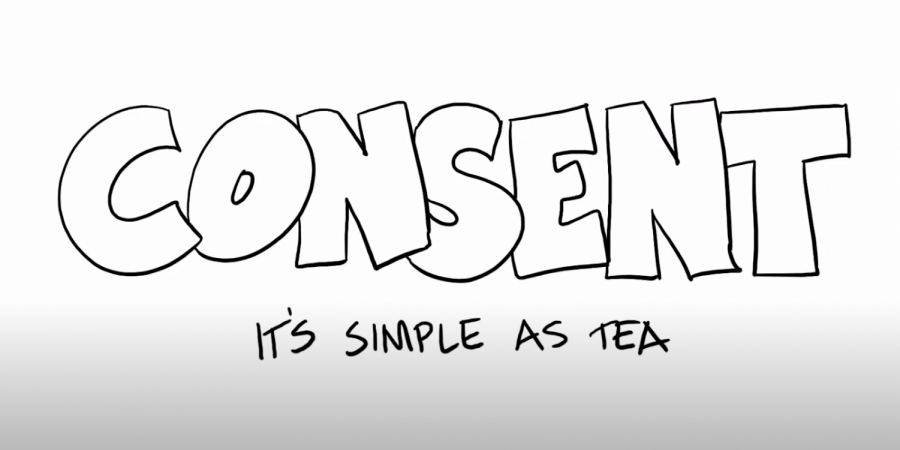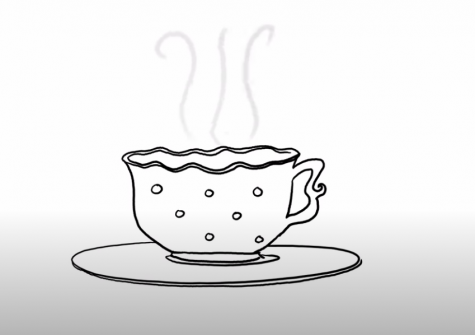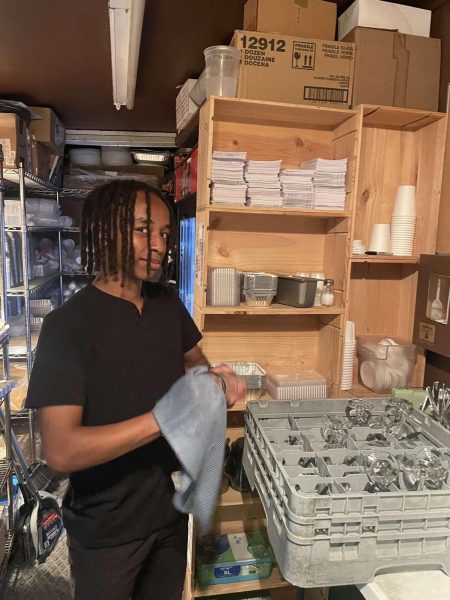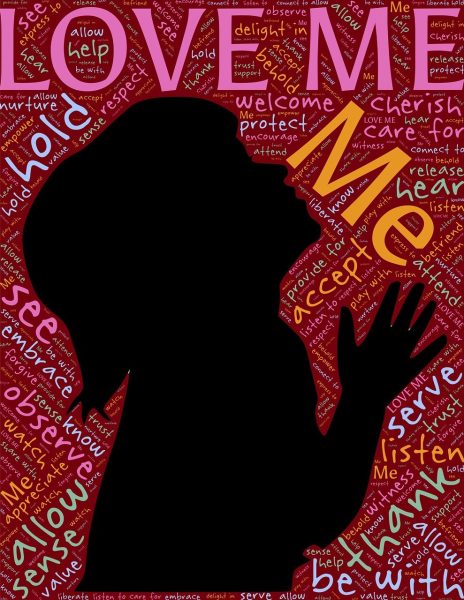What Do Students Really Learn in Health Class?
Rhinebeck High School students and teachers call for change in the high school health curriculum.
When students or teachers talk about curriculum changes, it rarely sounds interesting. They usually focus on curriculum that affects only a few, or where substantial changes can’t be seen.
But the revision to the Rhinebeck Health Curriculum is different.
Health should be a class that builds students’ knowledge, positive attitudes and skills. It should focus on physical, mental, emotional and social health. It’s a class that should present students with real life challenges and help them build realistic solutions.
There have been steps toward remodeling our own highschool health curriculum, yet there still seems to be huge gaps where we can improve.
When we talk about Rhinebeck’s Health Curriculum, it might seem like an issue our school has just begun to think about, but in reality this analysis of the curriculum has been going on for years.
After comments in class made students uncomfortable, students began to lead reforms and felt empowered to open the conversation in 2017.
About ten students met with Dr. Davenport to discuss moments where the curriculum was lacking and posed the idea of more sensitivity training.
With the support of Dr. Davenport, students and members of our Gender Equity Club sat down and reviewed the curriculum.
Piecing through it section by section, we discovered how deeply flawed it was and how it failed to represent all students. There was no information on consent, discussion was limited to heterosexual relationships, and the sections on violence and human reproduction seemed to be missing key components.
It’s been a long time since 2017. And in those years, a lot has happened. We’ve faced a global pandemic, months of isolation, and had to learn to adapt in new ways.
Yet in Rhinebeck High School, the wheels of change move slowly. We recently sat down with Dr. Davenport and our superintendent Mr. Cousins to discuss changes that have already been made.
Dr. Davenport explained that the curriculum was revised to include functional knowledge, and the sections that include violence, gender, and reproduction have also been updated to include new vocabulary, and new videos.
The curriculum has improved.
Health has been moved from 11th grade to 9th, which ensures that we learn valuable information much sooner.
Another huge win was the incorporation of the Tea Consent Video into the health curriculum. It simplifies consent, and revisits the idea of Yes means Yes, as opposed to No means No.
Although these wins are huge, the fight to make change is never truly done, because we’re always looking to expand and make our school better.
Mr. Cousins believes that curriculum needs to be “responsive, dynamic, and contemporary,” and as much as we agree, we also think it needs to be a shared, collaborative process.
Students, at any school, and especially at Rhinebeck, do have interests and complex passions. Given the opportunity, all curriculum could be improved with more student input.
Our administrators are aware of the changes that need to be made, and students are just as aware, if not more. After interviewing multiple seniors, who took health in 9th grade before any of the proposed changes, students recall feeling disappointed with the class. They all seem to feel a lack of depth for important topics, and then too much of a focus on others.
One student wishes she had learned more about birth control, and how accessible it is, claiming that she didn’t know until recently she could get birth control by herself. Here’s a perfect example of that supposed “functional knowledge” and how the curriculum has previously failed us.
We also talked to current freshmen, who seem to be having a more positive experience. One student mentioned feeling represented in all aspects of gender, and another mentioned how valuable learning about mental health has been.
All these comments are extremely reassuring. Yet still these 9th graders felt like the curriculum was lacking; they wanted “more in depth conversations about eating disorders,”a “better description of consent,” and conversations about more real life experience.
With all these interviews, all this time spent revisiting curriculum, and all the support from our administration— what does the future look like?
How can we make sure that our health curriculum is ever changing, and evolving to fully capture and represent all students?
Dr. Davenport envisions a new chapter. He hopes to incorporate mini instructions into PE classes, where experts and speakers come meet with students to develop those real life skills.
He also mentioned the Grace Smith House as a resource, which has been a great ally for many students, and faculty in Rhinebeck. As a non-profit domestic violence support center serving residents of Dutchess County, it’s an organization that is at the tip of our fingertips.
“The Grace Smith House could come in and speak with smaller groups of students, and facilitate deeper conversations,” Dr. Davenport said.
The Curriculum in Rhinebeck is evolving. Each year brings new challenges, and new opportunities to grow. The changes made to the health curriculum are a great step in the right direction.
We applaud all those faculty members, leaders of clubs, administrators, and most importantly the students who helped initiate the changes into our curriculum.
Yet nothing is ever fully done, and we all want a more cohesive, complex, and, simply, just better curriculum.
In the following years, we hope that the health curriculum continues to be revisited, and that more media, student input, and solutions are added to the health curriculum.









